I’ve done the sums and worked out how much it costs to run an electric heater – and how to bring that number down
This is how much it *really* costs to ‘heat the human, not the home’

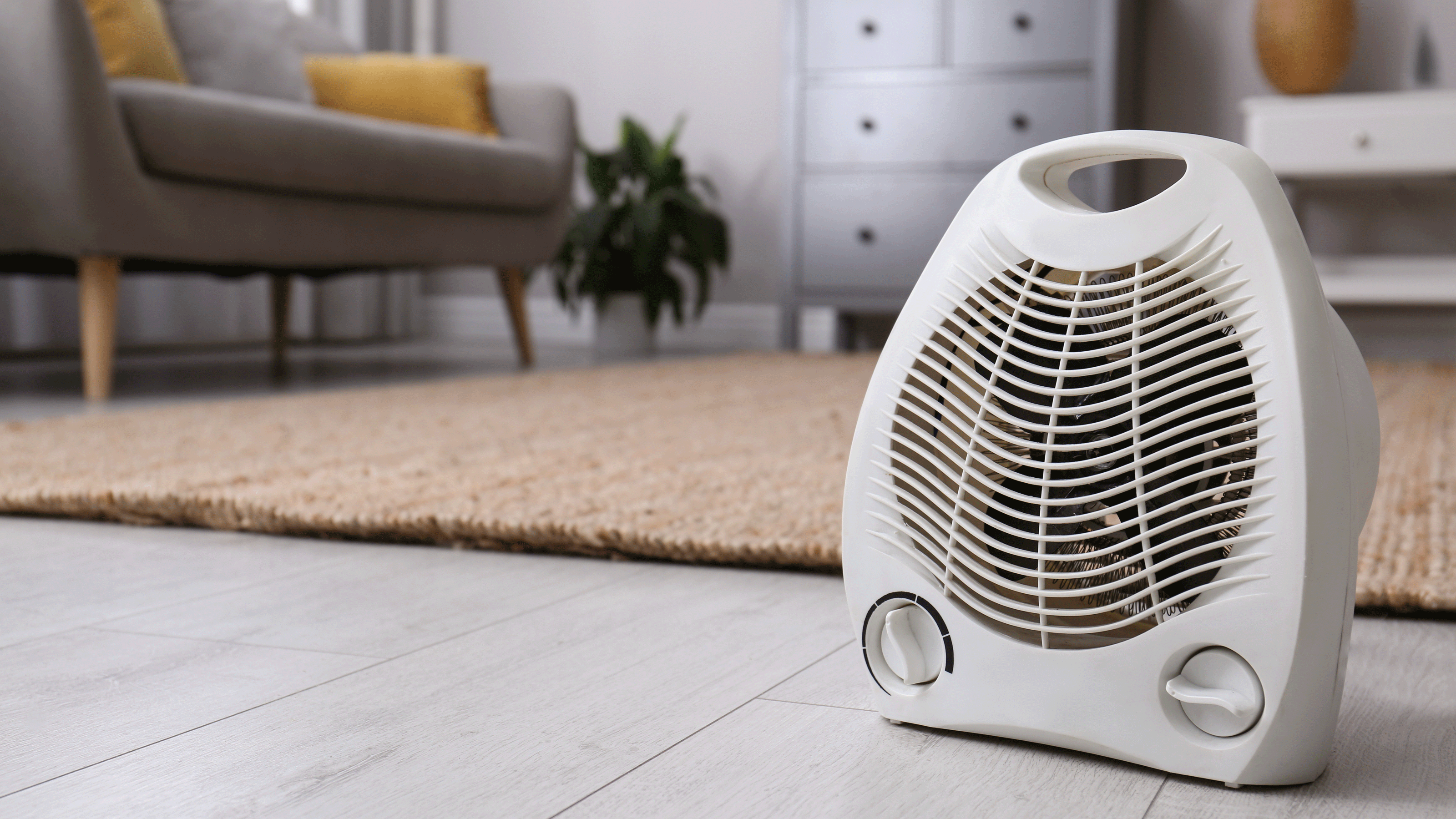
Sign up to our newsletter for style inspiration, real homes, project and garden advice and shopping know-how
You are now subscribed
Your newsletter sign-up was successful
The running costs in this article have been updated to reflect the January 2026 energy price cap
With sub-zero temperatures upon us, we all want to keep our homes as warm as possible. But chilly temperatures mean higher energy usage and so keeping costs low is a must. And while ditching your central heating in favour of an electric heater can be the best way to ‘heat the human, not the home’ à la Martin Lewis, it’s important to understand the cost to run an electric heater first.
After all, the best electric heaters come in many different forms and vary in terms of both upfront and overall running costs. Some are quite efficient and stake their claim as the cheapest electric heaters to run, while others can actually make your energy bills skyrocket, especially as the energy price cap seems to continuously rise.
That’s why I’ve worked out how much you can expect to spend to run an electric heater, whether it's just for an hour or all evening long. Plus, I've got some easy tips to help you keep costs down this winter. And, if you don't already have one, getting a smart meter to help you track your usage is something I’d recommend right off the bat.
How much does it cost to run an electric heater?
One of the things everyone should know before buying an electric heater is that, ultimately, how much your electric heater costs to run depends on how much energy it uses to generate heat, the type of electric heater you’re using, how long you use it for and the current energy price cap. This price cap generally changes every three months, which means that the cost of running an electric heater can fluctuate throughout the year.
As it stands, the cost of electricity under the January 2026 price cap is 27.69 pence per kWh. This will be the case until 31 March 2026, when the price cap will likely change again.
As an example, under the current energy price cap, a 2kW fan heater would cost 55p an hour to run on full power. Over a four-hour evening, this would be £2.22, and over a week, £15.51.
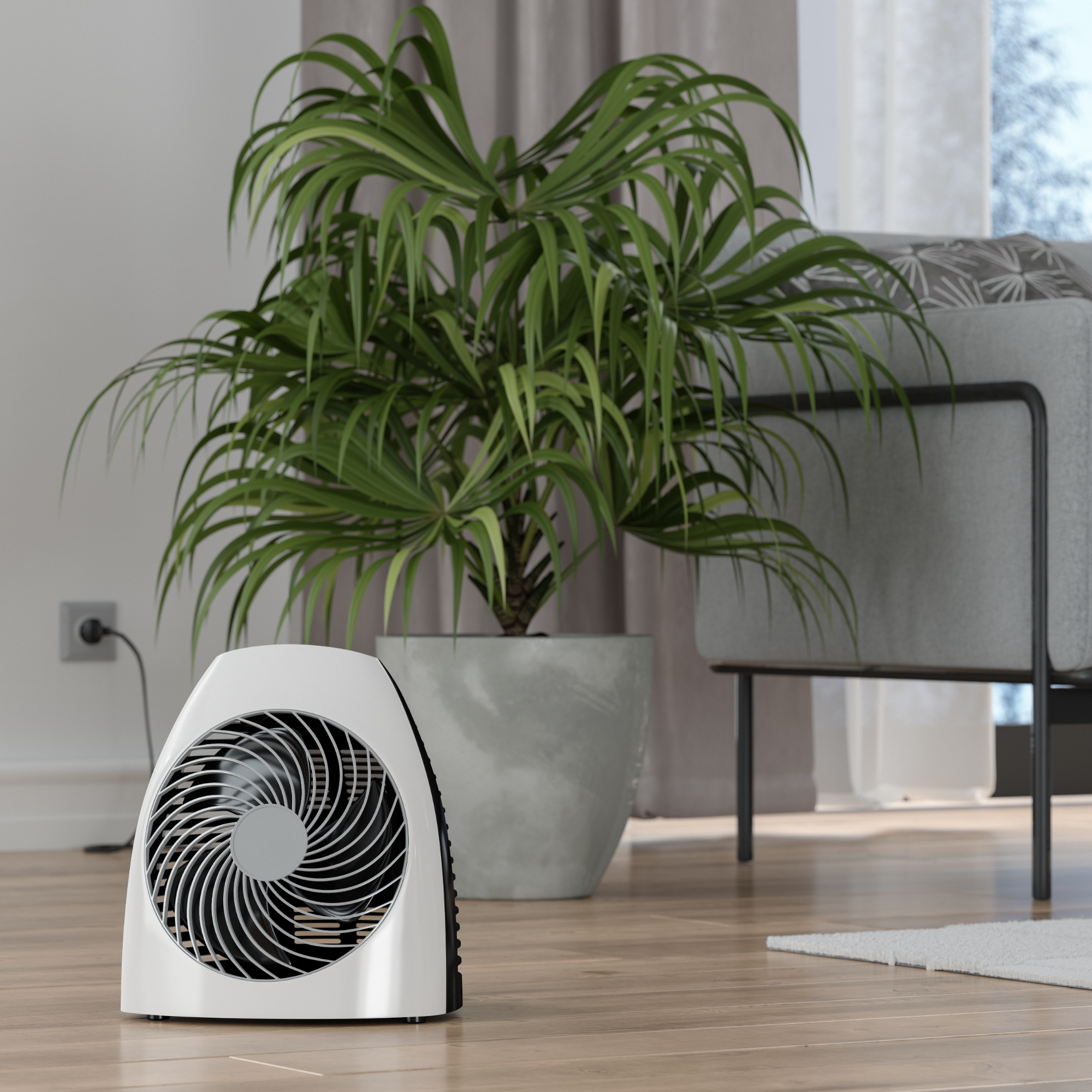
Similarly, an example 3kW convector heater would cost 83p per hour to run on full power, £3.32 an evening and £23.26 a week, which shows how a more powerful heater can cost over a week.
Sign up to our newsletter for style inspiration, real homes, project and garden advice and shopping know-how
If you are looking at an electric heater with a different wattage, you can simply calculate it yourself by multiplying the kW of the appliance by the price you pay per unit of electricity (which you should be able to find on your energy bill). If you're not sure, then a safe bet is to use the Ofgem price cap figure. For example, 1.5kW multiplied by 27.69p equals a running cost of around 41.5p per hour.
Of course, it’s worth weighing up whether it’s cheaper to run an electric heater or use your central heating if you’re looking to buy an electric heater, too.
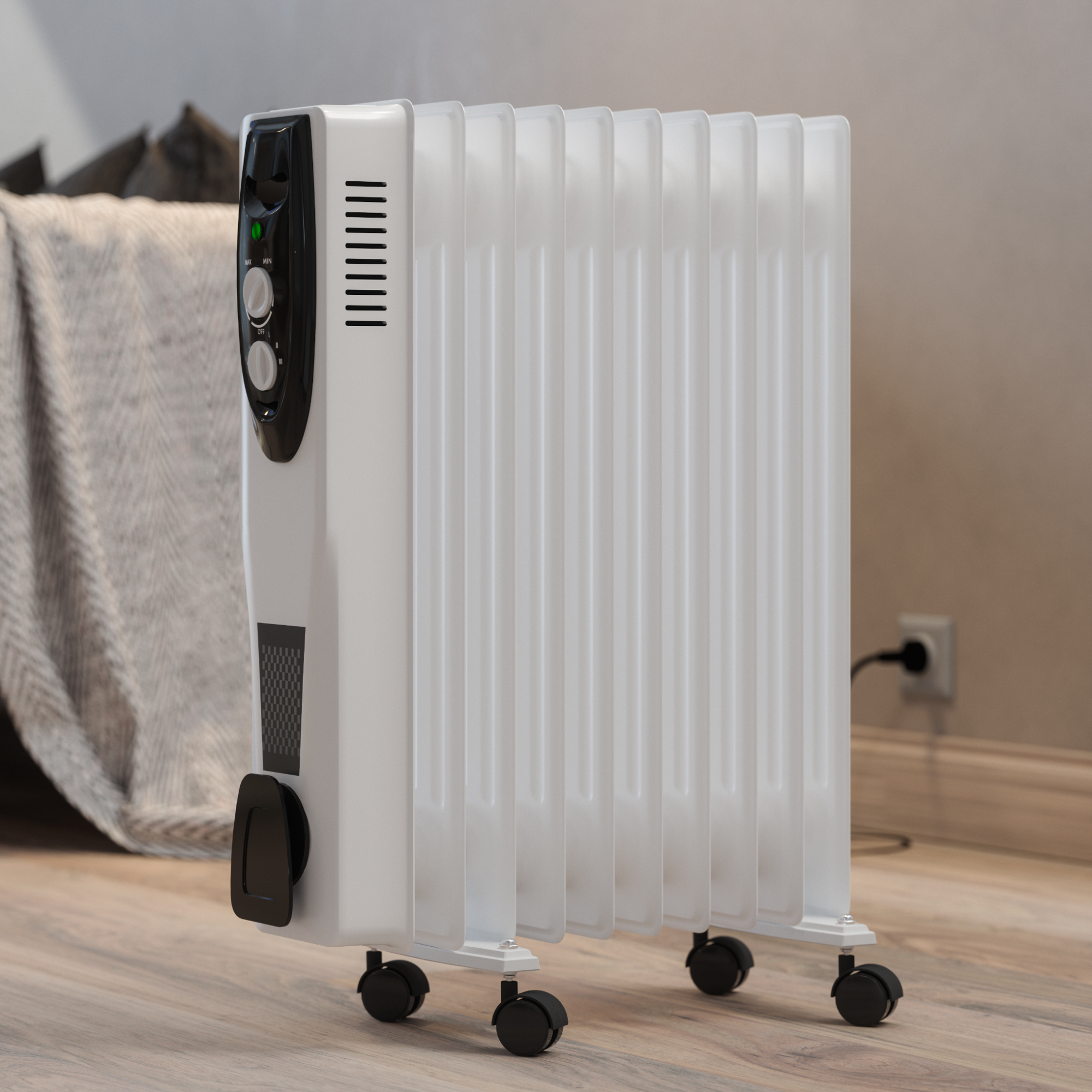
Convector heater
'Remember that central heating is a lot cheaper to run than an electric heater,' says John Lawless, a heating expert at BestHeating. 'For every unit of heat put out by an electric heater, it will cost around three times as much as a unit of heat from one of your radiators.'
But of course, the perk of an electric heater is the fact that it provides instant warmth as opposed to having to wait for your radiators to warm up. Plus, it allows you to just heat the room you're in, rather than unnecessarily heating the whole house. That said, electric heaters are more fitting when you need short stints of heat, but not as energy-efficient after a certain point.
Plus, there are ways to cut down the running costs of an electric heater, so you don’t feel like you’re wasting your money.
How can I cut the cost of running an electric heater?
Electric heaters are more expensive to run than gas central heating, so it's important to look for features that make them as efficient as possible and help you to save energy at home. You can also make sure you use your electric heater most efficiently once you get it home too.
1. Choose the right type for your needs
There are several types of heaters that use electricity, and they each vary in how much they cost to run. Fan heaters are light and easily portable, and they’re very quick to heat up. You’ll find that many of them also have different heat outputs ranging from 0.5kW to 3kW. Convector heaters work in a similar way, but are usually larger, slower to heat up and can look more like radiators. Common heat outputs range from 2kW to 3kW.
On the other hand, the best oil-filled radiators work by heating up an element that’s submerged in fluid, which, when warm, circulates around the radiator. While their heat outputs are similar, around 1kW to 2.5kW, they’ll continue to provide heat after they’ve been turned off, so they don’t have to be on as long.
It’s also important to choose an electric heater that suits the size of the room. A small heater will struggle to heat a large space, meaning it’ll be constantly on full power - which is less efficient than a larger heater on a lower setting for less of the time. It's also worth understanding how many electric heaters you need to heat a house, so you don't buy more than you need.
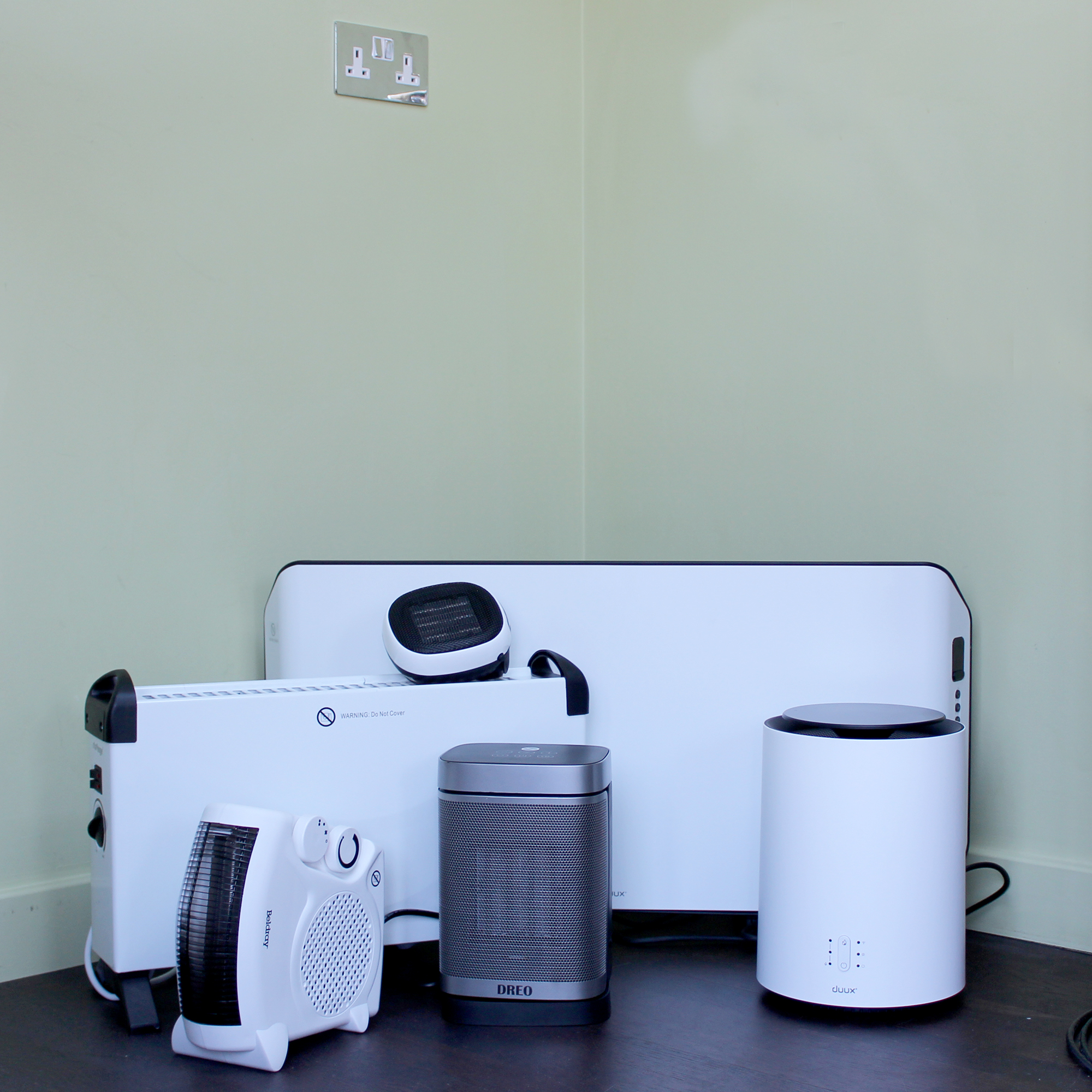
2. Make the most of thermostatic controls
Most electric heaters will have a thermostat or climate control, meaning that when the temperature you've set it to is reached, it'll maintain it. Not only does this prevent you from becoming too hot, but it also means you won't have to keep turning the heater on and off.
Oftentimes, opting for a model without this function is often the main cause for mistakes made when using an electric heater.
3. Use varying heat settings
Although some electric heaters don’t come with varying heat settings, many of them do. Using them can help you save money on how much it costs to run an electric heater, as they come with options such as 800W, 1000W or 1200W (which equates to 0.8, 1 or 1.2kW respectively).
In fact, using multiple settings on an electric heater enables you to choose a lower one on milder days. Ideally, you should look for at least three settings and/or a variable dial so your space won't overheat. Not to mention, it'll also bring down the cost of running it as the heat output won't be so strenuous.
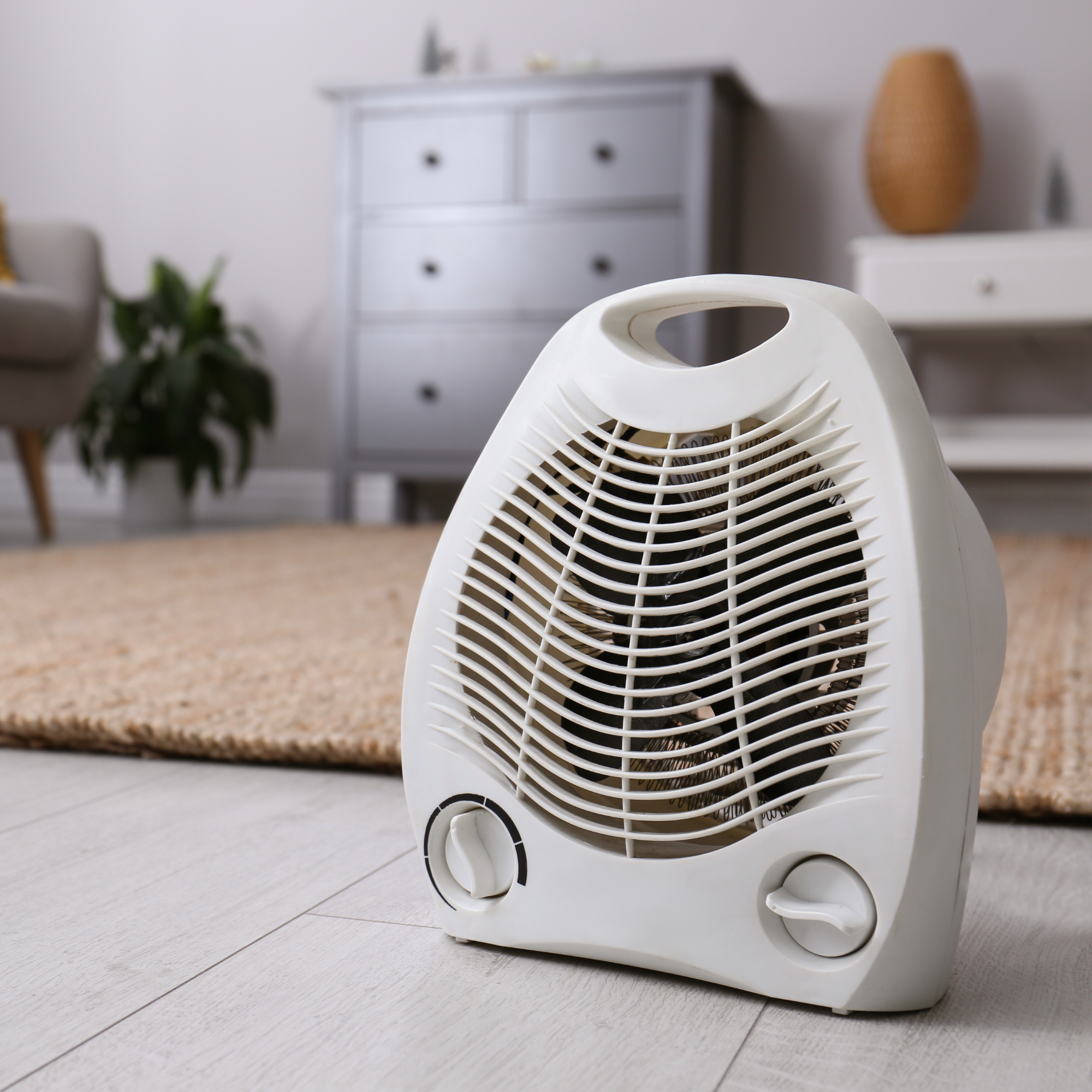
4. Make the most of timers and schedules
Timers allow you to set your heater to come on before you arrive home – meaning that you can opt for a lower heat for longer to help save energy. They're also good for switching it off so you don't forget, and options like the Tapo P100 Smart Plug (£9.99 at Amazon) also allow you to set these schedules while also monitoring how much you’re spending through an app.
This is echoed by Katie Lilywhite, heating expert at AO.com, who says, ‘You should make use of its timer or thermostat to avoid wasting any energy if you’ve made a habit of leaving this on. Similarly, don’t leave this appliance on standby – it’ll draw small amounts of power, which only adds to your bills.’
5. Keep the heat in
To keep the costs of running an electric heater down and to ensure you only need to use your electric heater when necessary, it’s incredibly important to draught-proof your home and keep the heat in. After all, heat loss through cracks in the wall, gaps around the windows, and other draughty areas will end up costing you more.
Experts even say that poor insulation can cause up to 25% heat loss, meaning you'll have your electric heater on for longer or at a higher setting. Add draught excluders or insulation tape like this Weather Stripping Tape (£9.99 at Amazon) around windows and doors, keyhole covers to exterior doors, and opt for thicker curtains. On a larger scale, upgrade any single-glazing to double-glazing, check your loft insulation is sufficient and think about installing cavity wall insulation.
Best electric heaters to consider
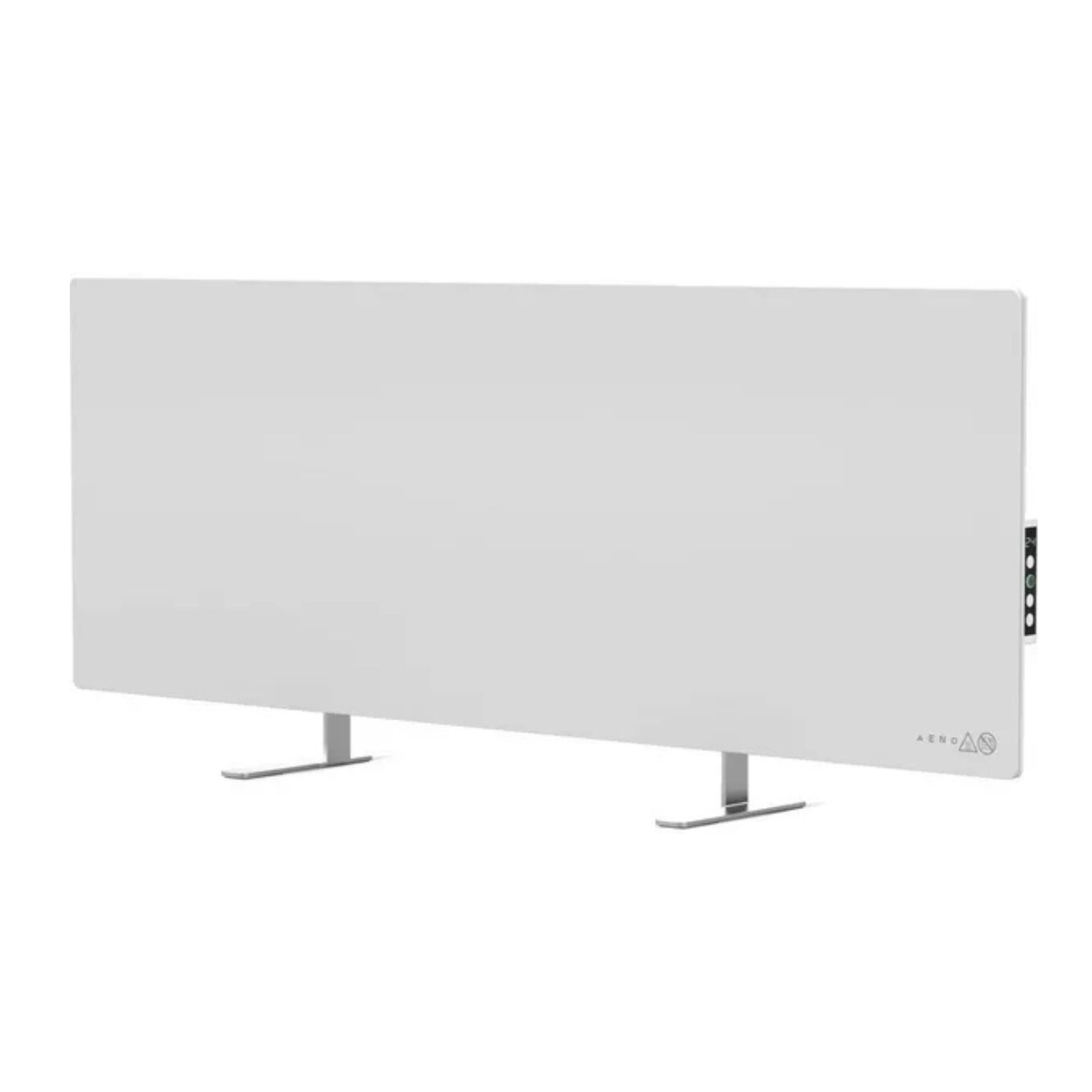
Crowned the 'best electric heater overall' thanks to its energy efficiency and heat output, this panel heater is hard to beat. It offers a slimline design and can even be wall-mounted if you don't have the floor space. It's also completely silent when in use.
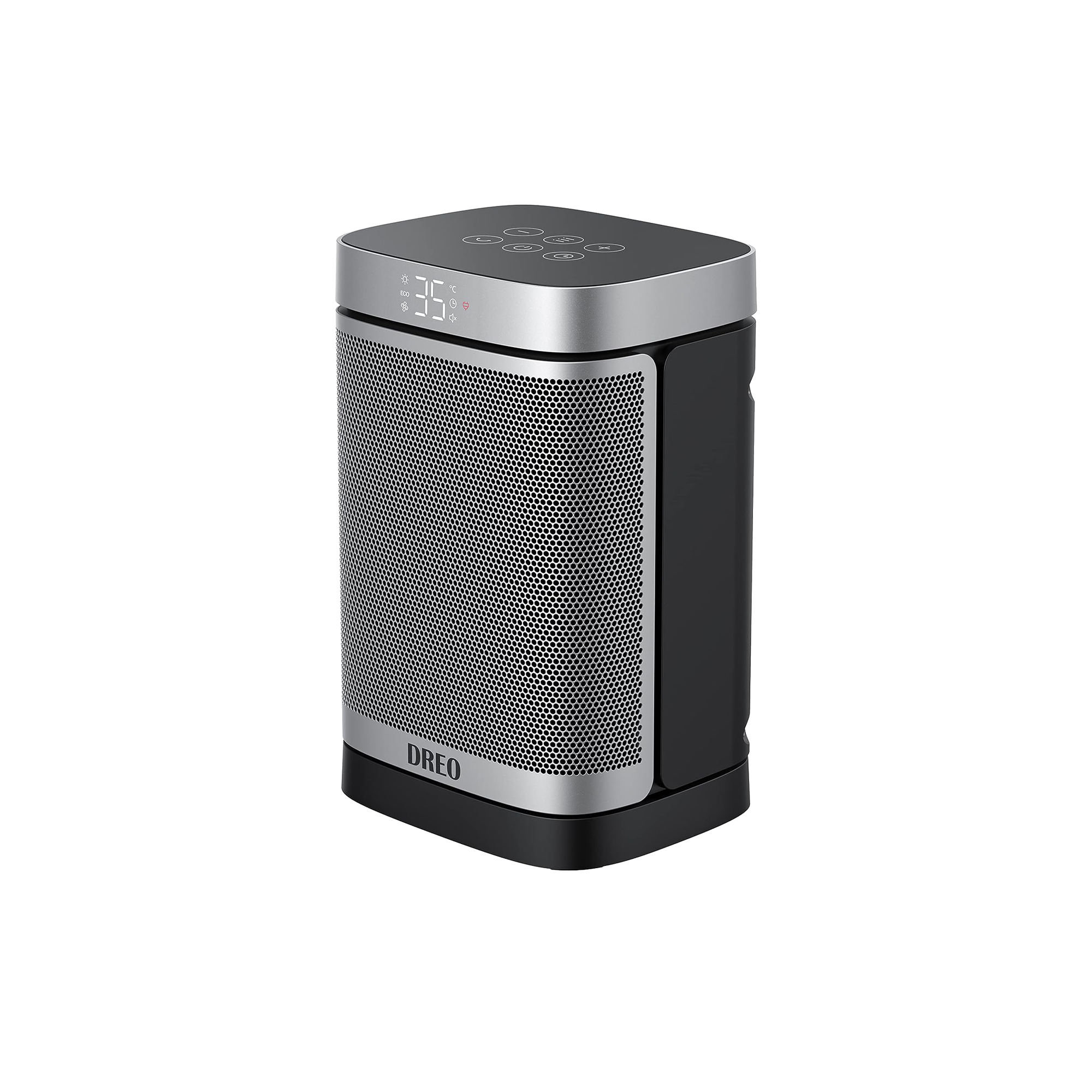
If you're after a fast-acting fan heater, this Dreo model seriously impressed us during testing. It's compact and portable, and it also oscillates to ensure every corner of your room can embrace the warmth. It also has three fan speed settings, so you can tailor it to your needs.
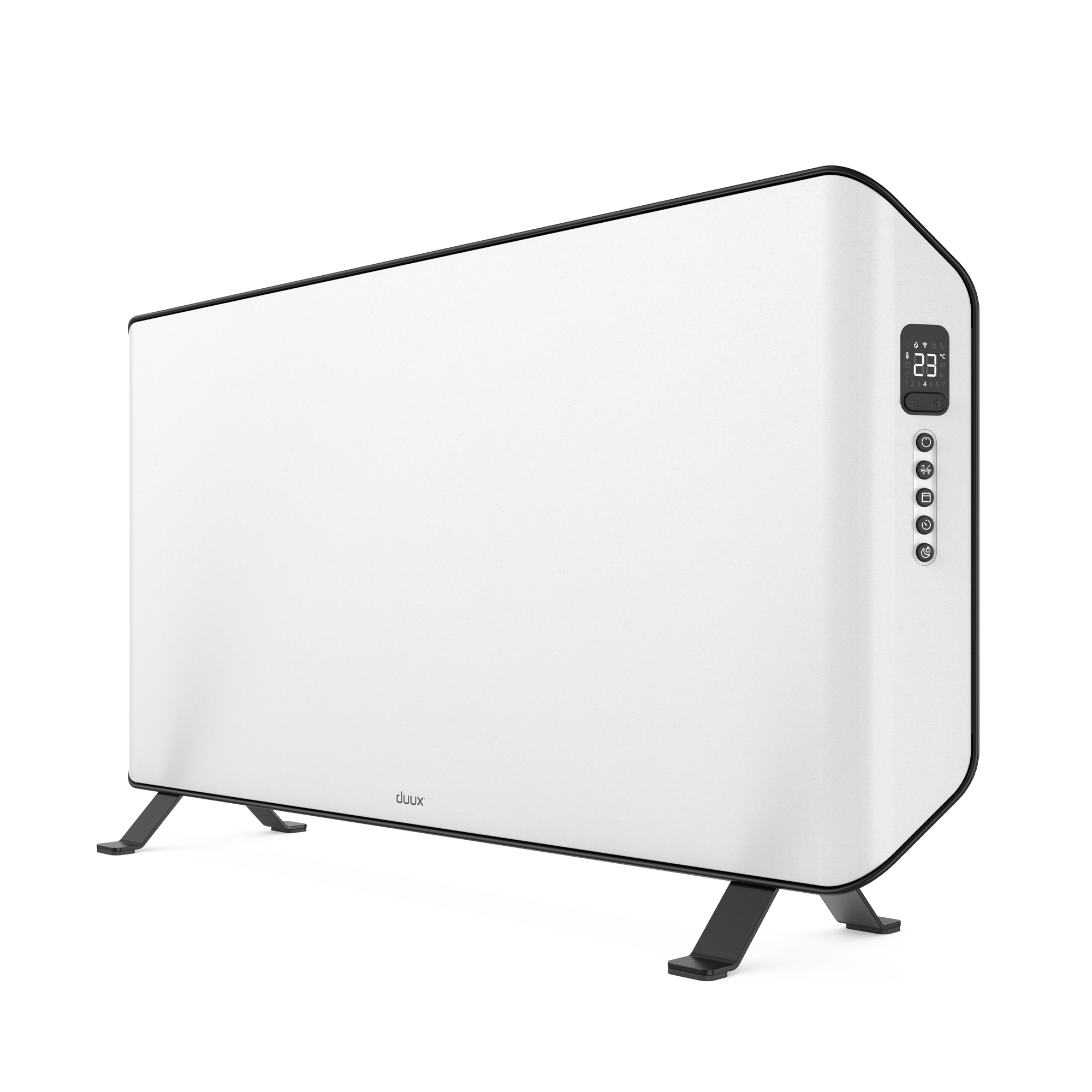
Looking for a convector heater that retains more heat? This Duux model is much more stylish than other models on the market, and it's also extremely economical, offering a steady stream of heat over a longer period. It's also super smart, with impressive controls.

Rachel Ogden is a freelance journalist with more than 20 years’ experience of writing, editing and sub-editing. Since 2007, she's worked exclusively in interiors, writing about everything from extending your home to kitchen worktops, flooring, storage and more. She specialises in product reviews, having reviews hundreds of small and large appliances and homeware.
- Lauren BradburyContent Editor (House Manual)
- Jullia JosonJunior Writer